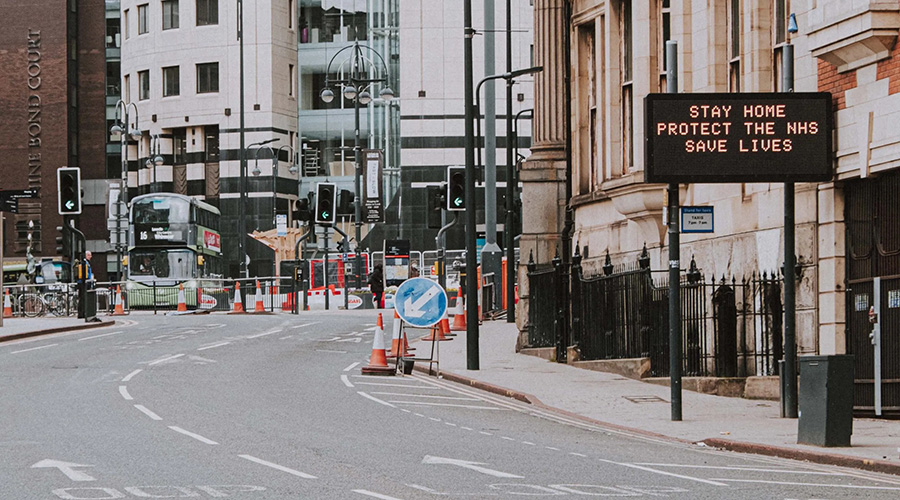Civil Liberties in Times of Crisis
Publication: American Economic Journal: Applied Economics. Vol. 15, No. 4, October 2023 (pp. 389-421). [also NBER Working Paper 27972]
Abstract:
Major crises — from terrorist attacks to epidemic outbreaks — bring the trade-off between individual civil liberties and societal well-being into sharp relief. In this paper, we study how willing citizens are to restrict civil liberties to improve public health conditions in the context of the COVID-19 pandemic. We design and conduct representative surveys involving approximately 550,000 responses across 15 countries, including China and the United States, during many months of the COVID-19 pandemic, from March 2020 until January 2021. We document significant heterogeneity across countries and demographic groups in willingness to sacrifice rights for public welfare. Citizens disadvantaged by income, education, or race are less willing to sacrifice rights than their more advantaged peers in every country, as are those with prior experience in communist regimes. Leveraging naturally occurring variation as well as experimental approaches, we estimate that a one standard deviation increase in health security concerns increases willingness to sacrifice civil liberties by approximately 68%-83% of the difference between the average Chinese and U.S. citizen. Stated preferences correlate with observed behavior including demand for tracing apps, donations, and petitions.
